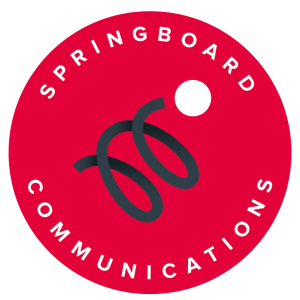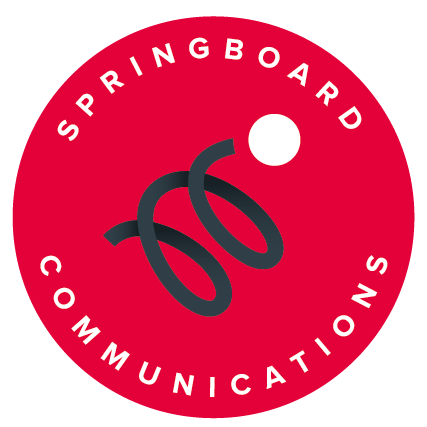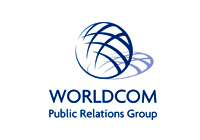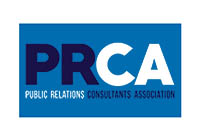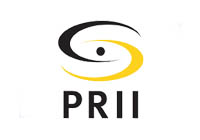
Preparing for your business’s Oscars moment
A year ago if we had ‘Oscars moment’ in the title of our blog, you would have assumed we were referring to preparing for a big award or an accolade for your business. But, one mistake has led to this title taking on a whole new meaning.
The Best Picture mix-up at this year’s Oscars was a moment that made every PR team and communications department cringe. It appeared that there was no clear contingency plan in place.
To avoid your ‘Oscars moment’, it is paramount that every business, no matter how big or small, has a clear crisis communications plan in place for when the unthinkable happens. Here are our top tips on preparing for a crisis.
‘Failing to prepare is to prepare to fail.’
 You should always plan for the worst case scenario. An issue can occur at any time, from employee issues and product/service failure to security problems and cyber-scares. Planning ahead can help minimise the risk.
You should always plan for the worst case scenario. An issue can occur at any time, from employee issues and product/service failure to security problems and cyber-scares. Planning ahead can help minimise the risk.
Top Tip:
Prevention is the best cure. A clear plan is the first step in preparing for a crisis. Having a plan in place means you have a guideline for you and your team to follow, to manage the issue and minimise the risk. Your plan should include names and numbers of your crisis team, media statement templates and a list of relevant audiences to be communicated with.
Mind your stakeholders
In times of crisis, communicating with the media is critical but there are other audiences you need to consider.
These include:
- Staff
- Investors
- Suppliers
- Consumers
- Trade unions
Top Tip:
Ensure your crisis plan has relevant names and contact details for your stakeholders. This will ensure you can communicate with them in a timely matter, should the need arise.
Spokespeople and media training
In the case of a crisis, only the company spokesperson should speak in front of the media. If other staff are approached by the media, they should have a pre-prepared response ready, directing enquiries to the relevant person. Ensure that all communications are channelled through your PR and crisis comms team to the appropriate people, to control the situation.
Top Tip:
Crisis or none, ensure that you work with your PR team on media training for spokespeople. Always prepare for interviews, identifying the questions you may be asked and discussing the most appropriate answers to those questions. And remember never communicate anything to the media unless you know it is 100% true.
Mind your social media
 In times of a crisis, make sure that the digital team quickly removes any scheduled posts and ensure that you have a plan of action ready for any anticipated queries that may come your way.
In times of a crisis, make sure that the digital team quickly removes any scheduled posts and ensure that you have a plan of action ready for any anticipated queries that may come your way.
Top Tip:
It is essential that you have a very clear social media policy in your workplace at all times. Staff should always be aware of what is appropriate to say online, on both company and personal accounts.
To find out how Springboard PR & Marketing can bolster media relations for your business, contact us today: info@springboardcommunications.ie
For more stories like this sign up for our Insights newsletter ›
BACK TO TOP
